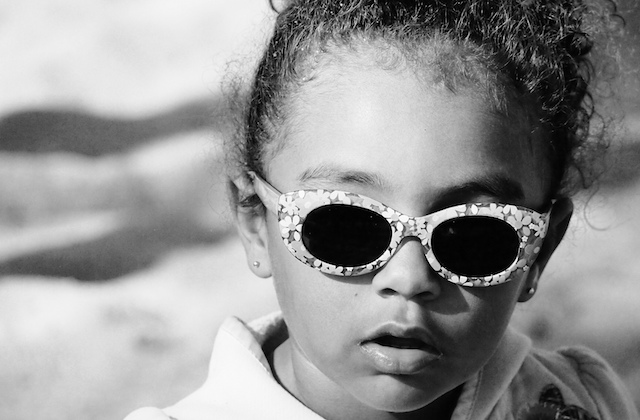Over the weekend, The New York Times ran an op-ed that cataloged the benefits of being multiracial and argued that the growing multicultural population could be the “vaccine” that inoculates the nation against the type of racist rhetoric that ushered Donald Trump into the White House.
Writer Alexandros Orphanides penned a rebuttal for NPR’s Code Switch that calls this line of thinking an illusion. From the essay, which was published today (March 8):
But this hope that a mixed-race future will result in a paradise of interracial and ethnically-ambiguous babies is misleading. It presents racism as passive—a vestigial reflex that will fade with the presence of interracial offspring, rather than as an active system that can change with time.
He goes on to cite experts who say that mixed-race people are actually not immune to the discrimination experienced by other people of color.
Tanya Hernandez, professor of law at Fordham University and the author of the forthcoming book “Multiracials and Civil Rights,” points out that in legal cases covering a wide-range of contexts, including education, employment, public accommodations and criminal justice, “people who identify as mixed-race … describe … strikingly binary, Black/White or White/non-White forms of discrimination.” Hernandez adds that many mixed-race people find themselves discriminated against, not explicitly because of their mixed-ness, but because of their belonging to a non-White group. She explained that in most of these cases, “the individual…is lumped together in stark contrast to Whites, so it’s a White/non-White racial hierarchy.”
Orphanides, who is of mixed-race descent, concludes that viewing multicultural people as the fix to the nation’s race problem not only does them a disservice, but prevents progress for all.
Ultimately, the narrative that imagines mixed-race people as a panacea for racism is a flawed one that reinforces ideas around the very existence of race. Instead, we might want to refocus our conversation around how the collective fiction of race is weaponized to limit access to equality and justice for some groups and not others, then maybe we’re onto something.
Read the full essay here.
